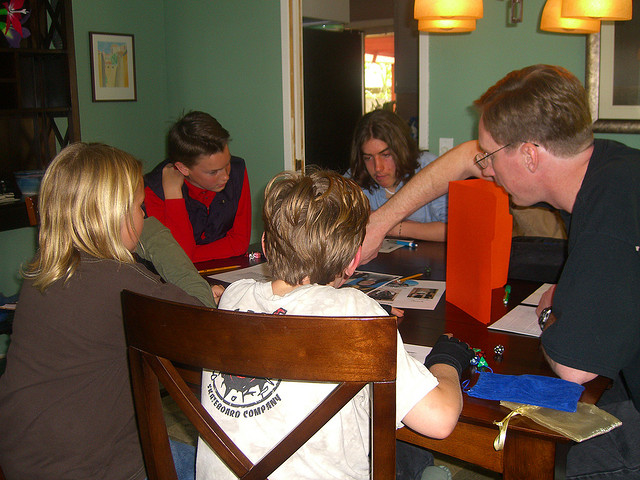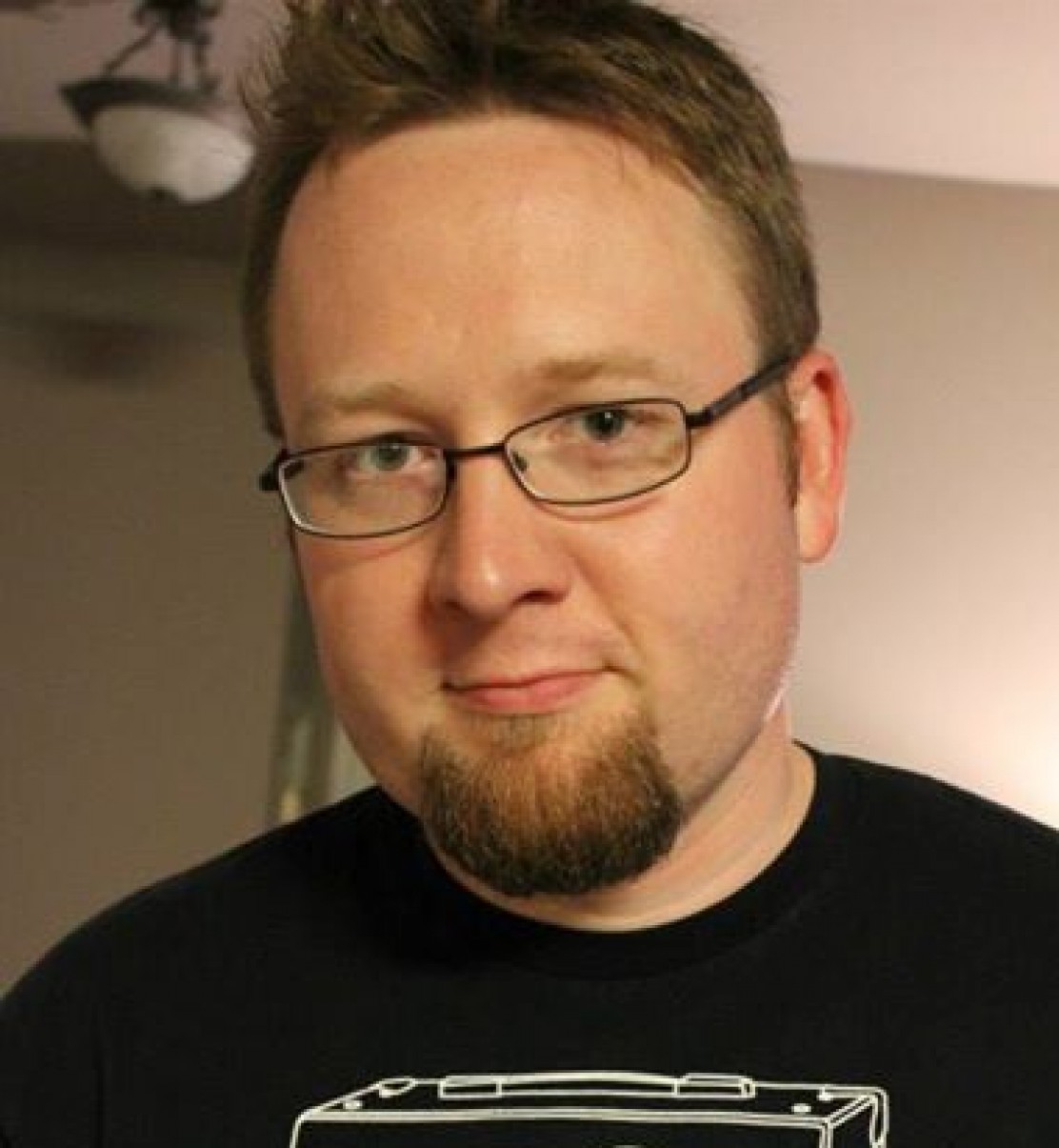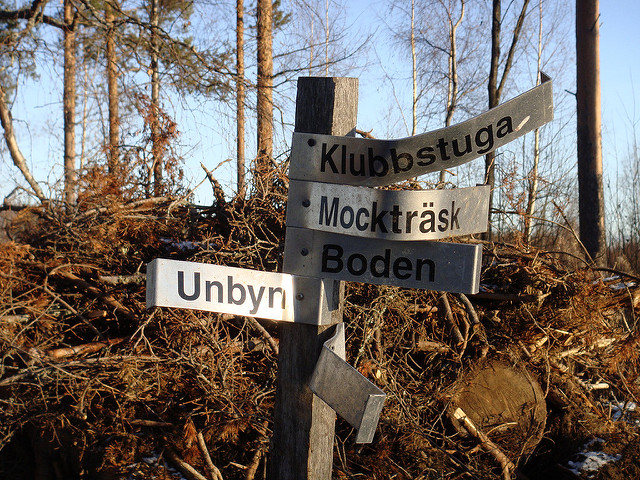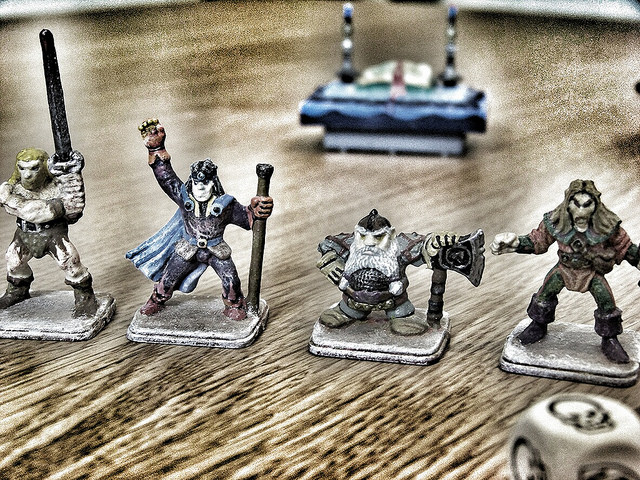Welcome to Experience Points, my weekly response to one of your questions about anything! Life, relationships, faith, or gaming…really anything is game! If you’d like to send in a question, feel free to email me. Here’s this week’s question:
Why in the world are you, a Pastor, playing tabletop games?

For the record, I know the person who sent in this question and he/she means it in the absolute nicest way! It is odd to stumble upon a cleric of any tradition in your FLGS, let alone one born and raised in the Bible belt and now serving in a conservative, Protestant institution. It raises the question: what’s your angle, preacher-man?
Stating the obvious: tabletop gaming is fun!
I was born in 1983, two years before the US release of the Nintendo Entertainment System. When my dad brought one home when I was four years old, things changed in our home! I became a console gamer. Really, quite frankly I was a Nintendo gamer…and still am. Except for the Gamecube and the Wii U, all the systems are currently hooked up to my gaming TV. But early on, I developed a gaming sensibility that continued.
My first brush with tabletop gaming was in junior high with the WEG Star Wars RPG. A friend lent me the book and after school I and my brothers sat down to try it out. When one brother’s PC decapitated the other’s with a lightsaber in the first five minutes, my mom made us take the book back. And then tabletop games disappeared from my life.
…until 2011, that is. I was actually a month away from moving to Louisiana, when the then-NBC sitcom Community had an episode about Dungeons & Dragons. I was immediately intrigued. I actually downloaded the basic 4th Edition rules from the WotC site, but moving soon took precedence and it slipped between the cracks. But only for a few months.
After moving to Louisiana and taking a new position at a small suburban church, I became acquainted with a college student who was doing some volunteering for us. As we got to know each other, we learned that we had a shared love of many things: the Beatles, comic books, and video games. But then he mentioned Dungeons & Dragons…
I knew all the horror stories from the eighties. I knew the sermon illustrations. I knew the Scriptures against witchcraft and the like. But when he invited me to join his gaming group, I took the Players Handbook home, read it in a week, and joined up. And guess what? It was fun. It was a heckuva lot of fun. As an extrovert who loves games and epic stories, I realized this could become a really great outlet for creativity, relaxation, and good old-fashioned fun.
The less-than obvious: tabletop gaming is good.
You don’t hear too many people talking about things being objectively “good” these days. But here’s what I found to be good about tabletop gaming.
First (which I’ve talked about at length elsewhere), there’s something sacred about tabletops. How many life-changing moments happen at tables? How many important conversations happen there? How many relationships are strengthened or challenged there? How many children are shaped slowly and daily by what happens there? In the Christian faith, one of our most important practices happens on a tabletop! Any time I find myself at a table with other people, I know that there is great potential for good. There is opportunity for relationships—for encouragement—for mutual care—for self-expression—for community. And these things are all objectively good.
Communities have much more potential for good than the individual does. That’s not to say individuals can’t accomplish good things. But unified communities bring about exponential change. Unified homes, seeking good things, are objectively good. Unified workplaces, seeking good things, are objectively good. Unified friends, seeking good things, are objectively good. And unified gaming groups, seeking good things, are objectively good.
Even if that means something seemingly trivial like “telling good stories.” Telling good stories enriches lives and homes. Humanity itself came of age while telling stories around meals. Before we ever wrote them down, we recited them and participated in them. As communities shaped the stories, the stories shaped us. It’s a sacred practice, happening at a sacred place. And I believe this to be good.
The draw for a Pastor
As a Pastor, I am a storyteller and a story-shaper. I tell stories that I believe will shape and transform the lives of the hearers. The stories that I tell occupationally are stories of faith, rooted in the Judeo-Christian tradition. I believe them to be true. But that does not mean that other stories cannot also be life-changing and redemptive.
As such, tabletop gaming (more specifically tabletop RPGs) is more than a simple interest to me. I believe it to be a means of transformation. Friendships happen there. Ideas are challenged and shaped in the process. People are transformed through these stories. As we shape them, they shape us. And I believe that to be good.
How have the stories at your tabletop shaped you? How has it strengthened and catalyzed your friendships and your worldview? Sound off in the comments!
(Photo credit: Mary)




